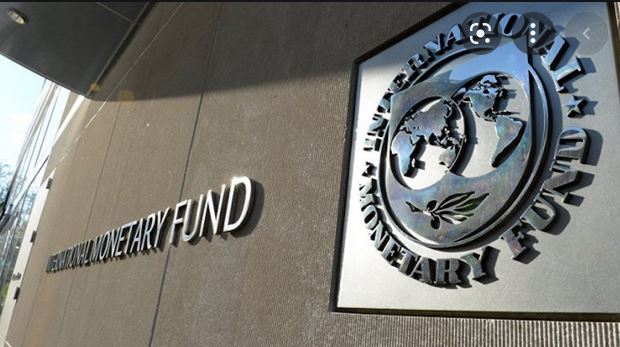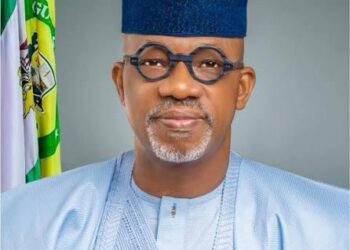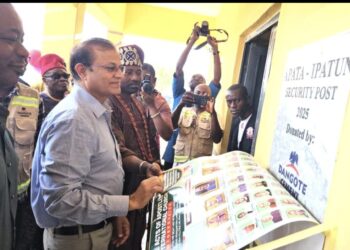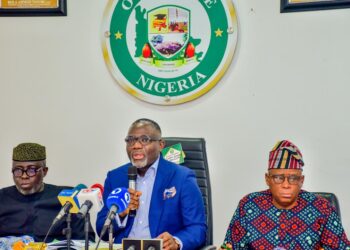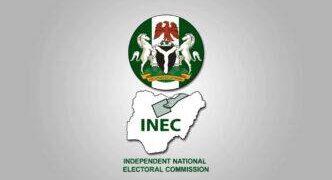The International Monetary Fund (IMF) has urged the Nigerian government to fully recover fuel subsidy savings currently in the coffers of the Nigerian National Petroleum Company Limited (NNPCL).
The IMF said this is necessary to safeguard ongoing economic reforms and protect national fiscal stability.
In its newly released 2025 Article IV Consultation Report, the IMF stressed that these funds, estimated at a staggering ₦700 billion per month or 2% of Nigeria’s annual GDP, must be redirected into the federal treasury.
Doing so, the report says, is critical for maintaining a neutral fiscal stance and financing essential public projects.
“Ensuring that the fuel subsidy savings accrue to the government would yield the proposed neutral stance,” the Fund noted.
Although Nigeria officially ended fuel subsidies in 2023, the IMF pointed out that the anticipated fiscal benefits have not materialized in the national budget—mainly due to a lack of transparency in oil revenue remittance by NNPCL.
The IMF warned that if these funds aren’t recovered by mid-2025, and considering that tax reforms are unlikely to generate major revenue in the short term, the federal government could be forced to cut back on recurrent spending to make up the deficit.
The Fund emphasized that capital projects with high economic impact should be protected, while calling for expanded cash transfer programs to cushion vulnerable Nigerians.
It also advised Nigeria to consider pre-committing to revenue-generating policies to prevent deeper budgetary pressure.
“Reforms may yield medium-term benefits, but they are not expected to deliver significant revenue gains in 2025,” the report stated, highlighting the urgency of reclaiming the subsidy funds.
The IMF also warned that continued off-budget retention of oil revenue, alongside underperformance in non-oil revenue, could require further adjustments—placing public investment and social safety nets at risk.
It concluded by recommending a transparent oil revenue framework and a neutral fiscal policy in 2025, cautioning against increased spending without clear revenue backing. (vitalnewsngr.com)


